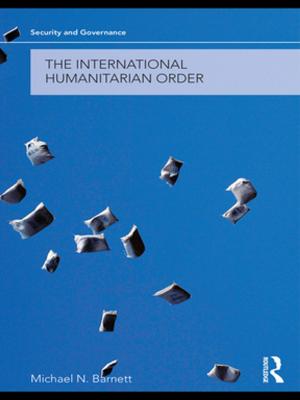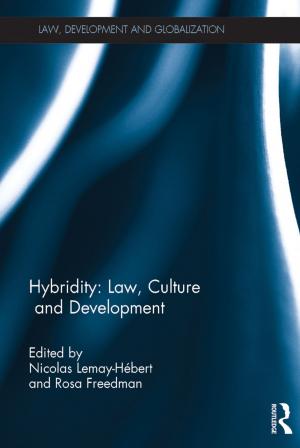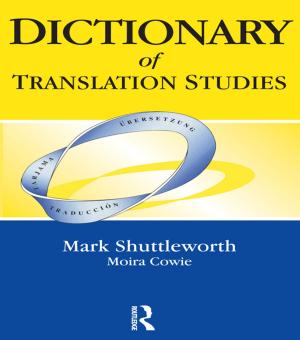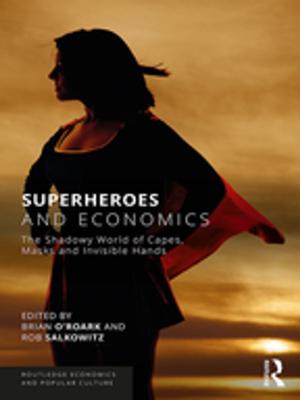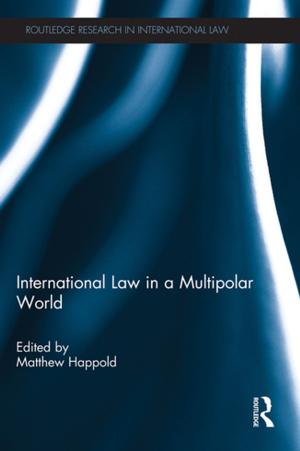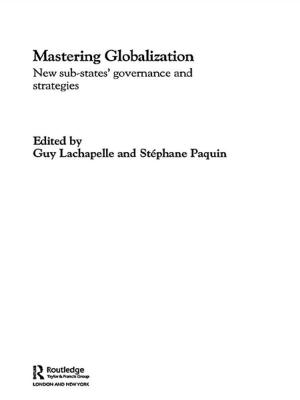| Author: | Gerd Van Riel | ISBN: | 9781317079927 |
| Publisher: | Taylor and Francis | Publication: | April 22, 2016 |
| Imprint: | Routledge | Language: | English |
| Author: | Gerd Van Riel |
| ISBN: | 9781317079927 |
| Publisher: | Taylor and Francis |
| Publication: | April 22, 2016 |
| Imprint: | Routledge |
| Language: | English |
This book presents a comprehensive study into Plato's theological doctrines, offering an important re-valuation of the status of Plato's gods and the relation between metaphysics and theology according to Plato. Starting from an examination of Plato's views of religion and the relation between religion and morality, Gerd Van Riel investigates Plato's innovative ways of speaking about the gods. This theology displays a number of diverging tendencies - viewing the gods as perfect moral actors, as cosmological principles or as celestial bodies whilst remaining true to traditional anthropomorphic representations. Plato's views are shown to be unified by the emphasis on the goodness of the gods in both their cosmological and their moral functions. Van Riel shows that recent interpretations of Plato's theology are thoroughly metaphysical, starting from aristotelian patterns. A new reading of the basic texts leads to the conclusion that in Plato the gods aren't metaphysical principles but souls who transmit the metaphysical order to sensible reality. The metaphysical principles play the role of a fated order to which the gods have to comply. This book will be invaluable to readers interested in philosophical theology and intellectual history.
This book presents a comprehensive study into Plato's theological doctrines, offering an important re-valuation of the status of Plato's gods and the relation between metaphysics and theology according to Plato. Starting from an examination of Plato's views of religion and the relation between religion and morality, Gerd Van Riel investigates Plato's innovative ways of speaking about the gods. This theology displays a number of diverging tendencies - viewing the gods as perfect moral actors, as cosmological principles or as celestial bodies whilst remaining true to traditional anthropomorphic representations. Plato's views are shown to be unified by the emphasis on the goodness of the gods in both their cosmological and their moral functions. Van Riel shows that recent interpretations of Plato's theology are thoroughly metaphysical, starting from aristotelian patterns. A new reading of the basic texts leads to the conclusion that in Plato the gods aren't metaphysical principles but souls who transmit the metaphysical order to sensible reality. The metaphysical principles play the role of a fated order to which the gods have to comply. This book will be invaluable to readers interested in philosophical theology and intellectual history.

